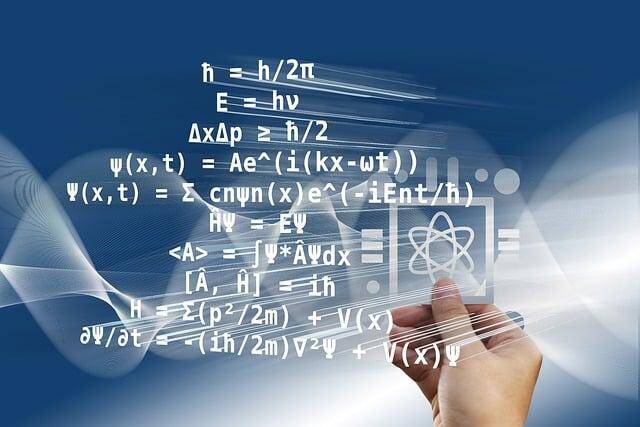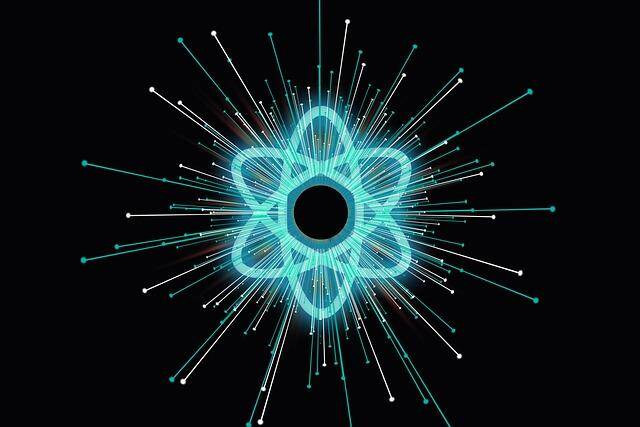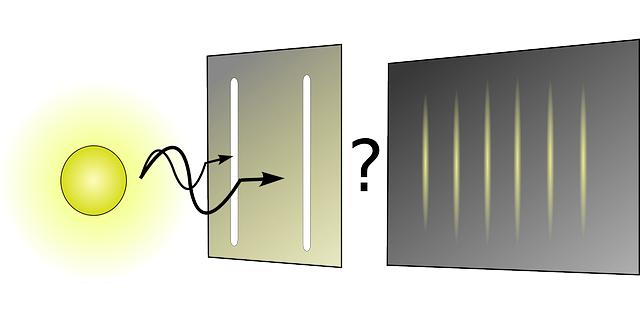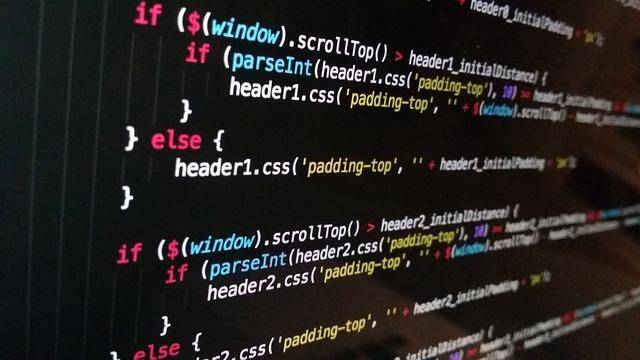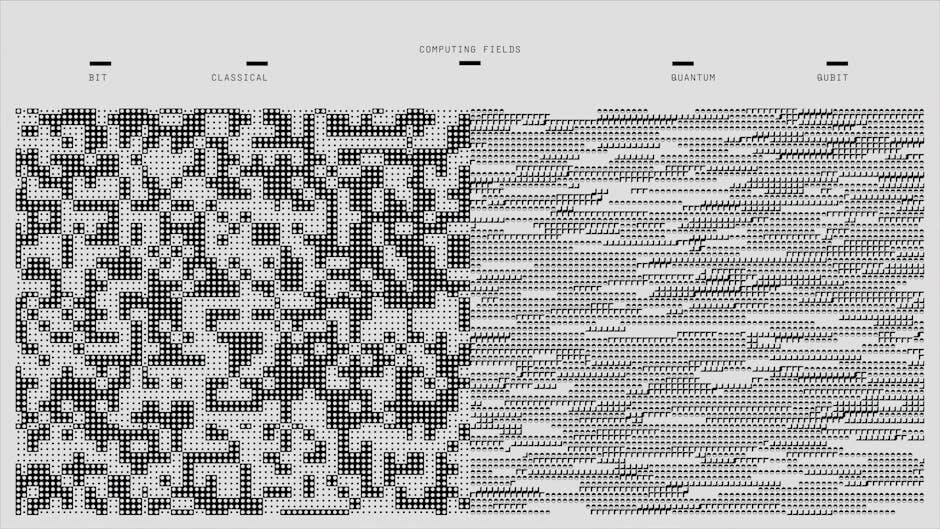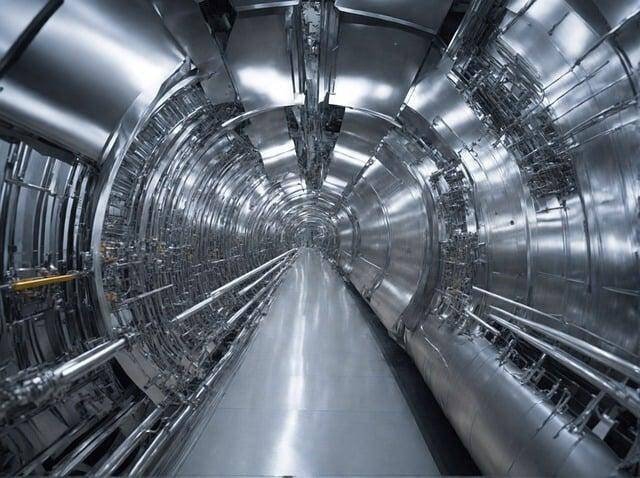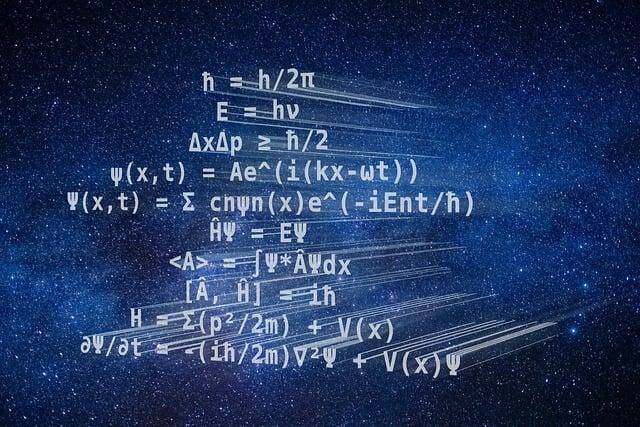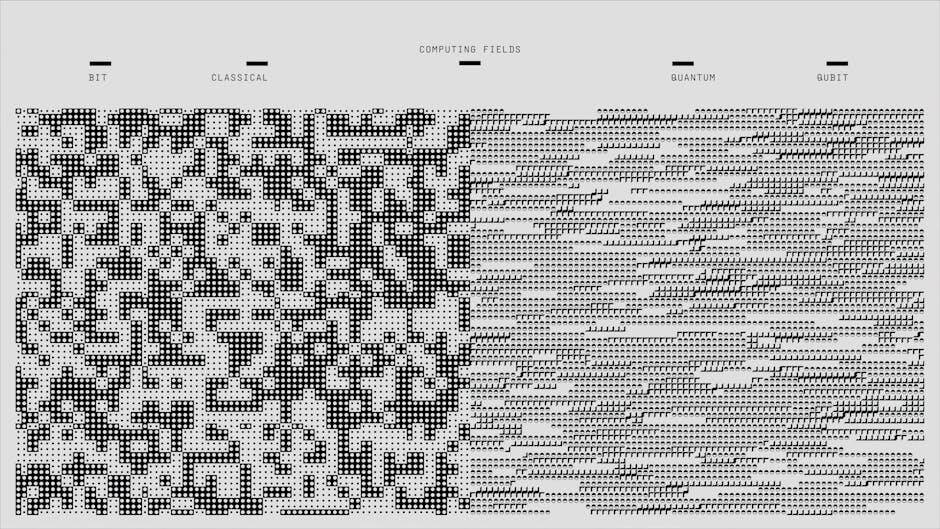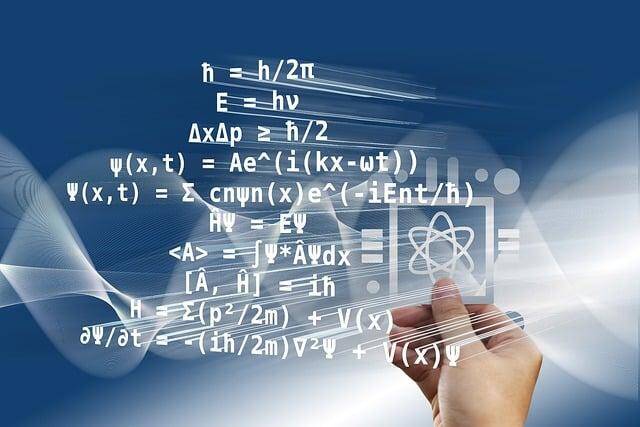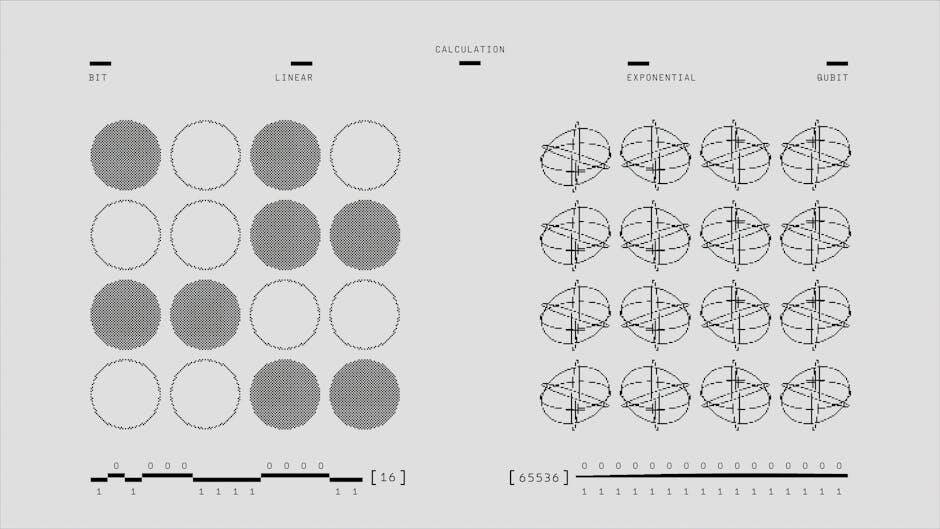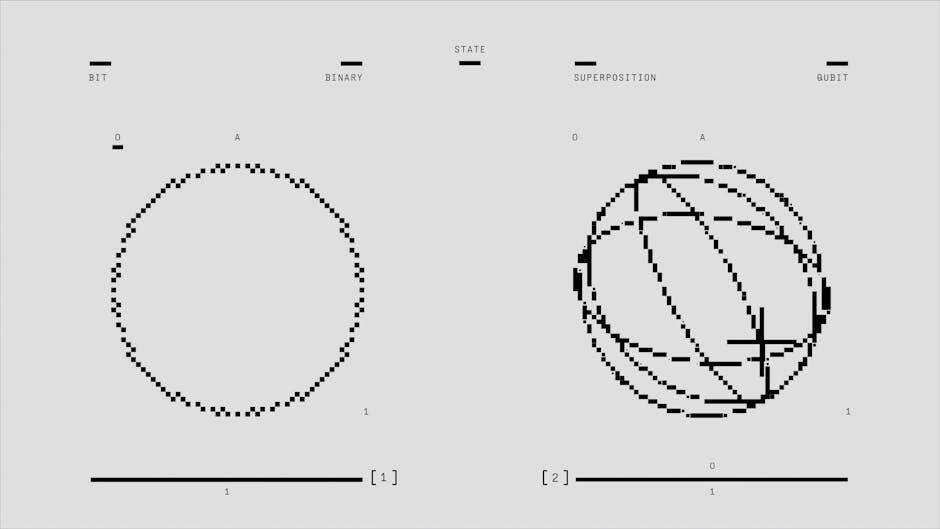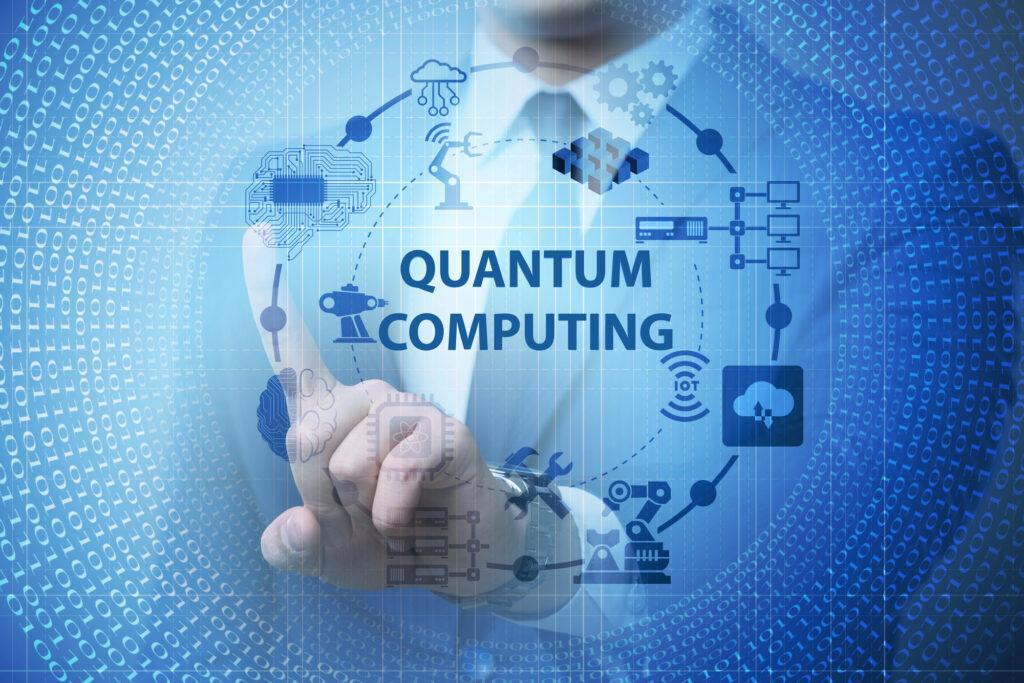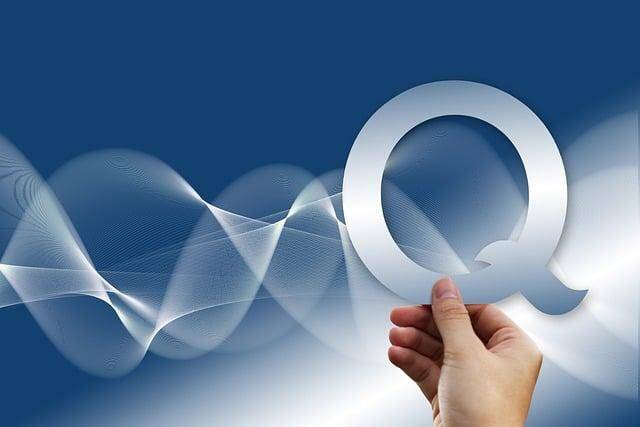Unraveling Quantum Computers: How They Work Explained Simply In the realm of modern technology, few topics spark intrigue and mystique quite like quantum computing. As we traverse the digital landscape of the 21st century,the promise of thes powerful machines looms large,capable of solving problems that woudl take classical computers eons to crack. But what exactly is a quantum computer, and how does it work? At first glance, the principles of quantum mechanics can feel like a tangled web of abstract concepts and bewildering phenomena. Yet, beneath this veneer lies a fascinating world of possibility, poised to revolutionize industries, from cryptography to medicine. In this article, we aim to demystify the complexities of quantum computing, breaking down its core principles and functioning into accessible language. Join us on this enlightening journey as we simplify the awe-inspiring mechanics of these future technologies, revealing how they harness the quirky and counterintuitive behaviors of the quantum realm.
Table of Contents

Understanding the basics of Quantum Computing Fundamentals
At the core of quantum computing lies a departure from classical binary logic, where facts is confined to bits that represent either a 0 or a 1.Quantum computers, on the other hand, harness the unique principles of quantum mechanics, leveraging qubits.These qubits can inhabit multiple states at once due to a phenomenon known as superposition.This characteristic allows quantum computers to process vast amounts of information simultaneously, dramatically increasing their computational power for specific tasks.
Moreover, qubits are interconnected through a process called entanglement. This linkage means that the state of one qubit can depend on the state of another, even across notable distances. The combination of superposition and entanglement enables quantum computers to perform calculations that would be infeasible for classical computers.To illustrate this, consider the following table that summarizes the fundamental differences between classical bits and qubits:
| Feature | Classical Bits | Qubits |
| State | 0 or 1 | 0, 1, or both (superposition) |
| Information processing | Sequential | Simultaneous |
| Interconnectivity | Independent | Dependent (entanglement) |
This intriguing blend of physics and computational theory opens the door to solving complex problems in fields such as cryptography, materials science, and artificial intelligence, pushing the boundaries of what machines can achieve.
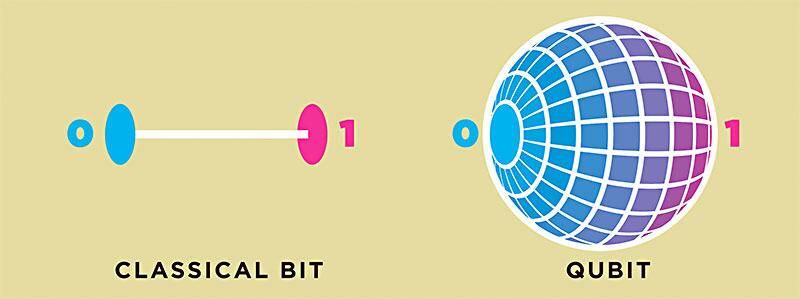
Decoding Quantum Bits: From Classical Bits to Qubits
At the heart of quantum computing lies the quantum bit, or qubit, a fundamental unit distinct from the classical bits we are familiar with. While a classical bit can exist in one of two states — 0 or 1 — qubits can simultaneously hold both states due to a property known as superposition. This unique characteristic enables quantum computers to process a vast amount of information simultaneously, far exceeding the capabilities of classical computers. Additionally, qubits exhibit entanglement, where the state of one qubit can depend on another, nonetheless of the distance separating them.These phenomena pave the way for powerful computational processes that can tackle complex problems more efficiently than conventional systems.
Understanding the transition from classical bits to qubits can be visualized through a simple comparison table:
| Characteristic | Classical Bit | Quantum Bit (Qubit) |
| State | 0 or 1 | 0, 1, or both (superposition) |
| Interactions | Independent | Entangled with others |
| Information Processing | Sequential | Parallel |
This shift from classical to quantum computing reshapes our approach to problem-solving, as the capacity for qubits to represent multiple combinations simultaneously unlocks unprecedented computational power. The remarkable nature of qubits is not just about speed; it’s about the potential for innovation in diverse fields, such as cryptography, artificial intelligence, and complex system simulation. The journey from bits to qubits is not merely a technological evolution but a leap towards a new frontier of computation.
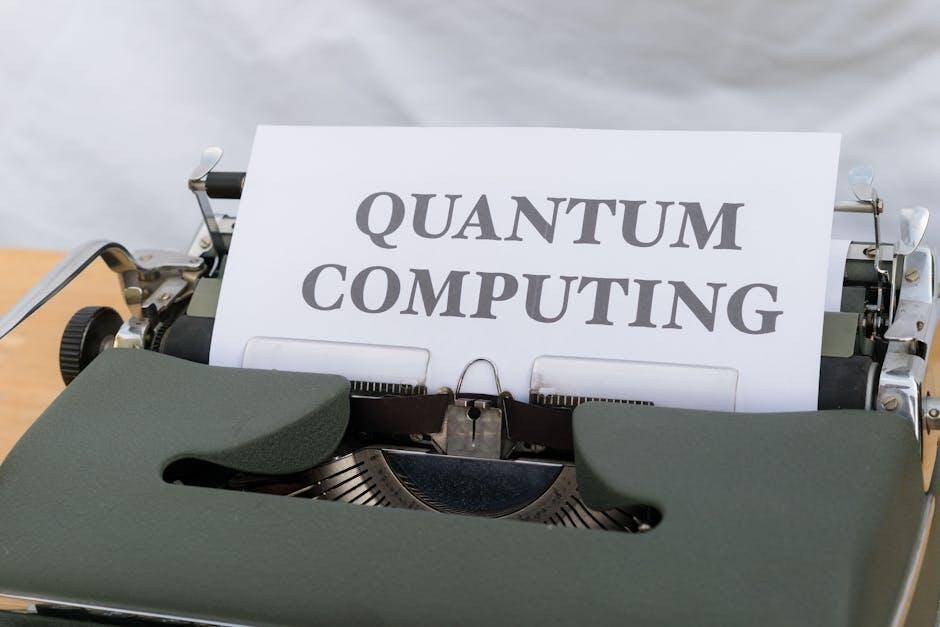
Exploring the Quantum Algorithms That Powers Tomorrows Innovations
As we delve into the captivating world of quantum computing, it’s essential to understand the algorithms that drive this innovative technology. Unlike classical computing, which processes data in binary bits (0s and 1s), quantum algorithms utilize qubits, enabling them to perform multiple calculations simultaneously. This property, known as superposition, allows quantum computers to tackle complex problems at an unprecedented speed. Some groundbreaking algorithms, such as Shor’s algorithm for factoring large integers and Grover’s algorithm for searching unsorted databases, showcase the potential for exponential improvements in efficiency over their classical counterparts.
To grasp how these algorithms could redefine various industries, consider their applications in fields like cryptography, optimization, and drug discovery. As an example,in cryptography,Shor’s algorithm could threaten traditional encryption methods,prompting a need for new security protocols. meanwhile,Grover’s algorithm may enhance search capabilities in large datasets,facilitating advancements in artificial intelligence and machine learning. The future will undoubtedly be shaped by innovative quantum algorithms, where the fusion of computational power and groundbreaking concepts leads to solutions for problems once deemed insurmountable.
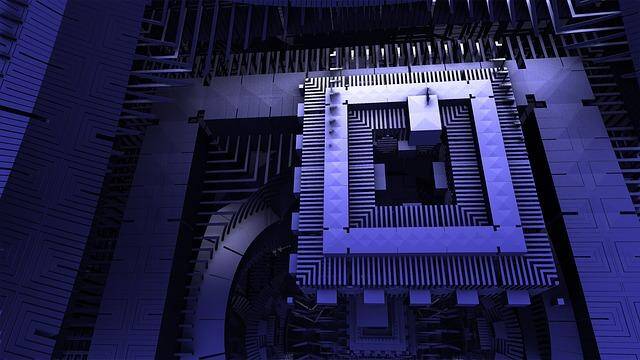
Navigating the Future: Practical Applications and Recommendations for Quantum Technology
As we venture further into the realm of quantum technology,it is essential to consider its practical applications and how they can reshape various industries. For instance, businesses can leverage quantum computers to optimize complex logistical operations, enabling them to minimize costs while maximizing efficiency. This ability stems from quantum systems’ capacity to analyze vast datasets significantly faster than classical computers. Key sectors such as pharmaceuticals and materials science stand to benefit immensely, using quantum simulations to discover new drugs or create innovative materials with enhanced properties.
To make the most of this cutting-edge technology, organizations should consider the following recommendations:
- Invest in Training: upskill employees to foster a quantum-savvy workforce.
- collaborate with experts: Partner with universities or research institutions to access the latest developments.
- Pilot Projects: Initiate small-scale projects to explore quantum applications before large-scale implementation.
- Stay Informed: Regularly update knowledge on emerging quantum technologies and their implications.
To illustrate the potential impact, consider the following table showcasing various sectors and their respective benefits from quantum technology:
| Sector | Potential Benefit |
| Healthcare | Faster drug discovery and personalized medicine |
| Finance | Enhanced risk analysis and portfolio optimization |
| Telecommunications | More secure communication through quantum encryption |
| Logistics | Optimized routes and supply chain efficiency |
Q&A
Q&A: Unraveling Quantum Computers – How They Work Explained Simply
Q: What exactly is a quantum computer? A: At its core, a quantum computer is a type of computing device that uses the principles of quantum mechanics to perform calculations. Unlike traditional computers that utilize bits as the smallest unit of information (which can be either 0 or 1), quantum computers use quantum bits, or qubits. These qubits can exist in multiple states at once due to a phenomenon called superposition,which allows quantum computers to process a vast amount of information simultaneously.
Q: How do qubits work, and why are they vital? A: Qubits are the heart of quantum computing. Thanks to superposition, a qubit can represent both 0 and 1 simultaneously occurring, like a spinning coin that hasn’t yet landed. This ability enables quantum computers to explore many possible solutions at once. Additionally, qubits can be entangled, a unique quantum property that links them together even when they are far apart. This interconnection means the state of one qubit can depend instantaneously on the state of another, even across long distances, which significantly enhances computational power and efficiency.
Q: what problems are quantum computers particularly good at solving? A: Quantum computers excel at solving specific types of problems that are incredibly complex and time-consuming for classical computers. These include factoring large numbers (crucial for cybersecurity), optimizing complex systems (like logistics or financial modeling), simulating quantum systems (important for drug discovery), and machine learning tasks. Their ability to analyze multiple possibilities simultaneously makes them a powerful tool for these applications.
Q: Are quantum computers ready for widespread use? A: While the potential of quantum computers is immense, they are still in the experimental stage. Significant challenges remain, such as error rates, qubit stability, and scalability. Researchers and companies are actively developing quantum algorithms and improving hardware,but it may take several more years of innovation and refinement before quantum computers are ready for widespread commercial use.
Q: How do quantum computers compare to classical computers? A: Think of classical computers as very fast and efficient librarians who can only read one book at a time. They excel at processing sequential tasks quickly and reliably. Quantum computers, though, are like a group of magical librarians who can read many books at once and share insights with each other instantly.While classical computers are sufficient for everyday tasks and applications, quantum computers have the potential to tackle profoundly complex problems that classical computers would struggle with, potentially revolutionizing fields like cryptography and drug development.
Q: What should we know about the future of quantum computing? A: The future of quantum computing is filled with exciting possibilities and potential transformations across various industries. As research progresses and technology advances, we could witness breakthroughs in artificial intelligence, materials science, and beyond. Though, with great power comes responsibility; ethical considerations around privacy, security, and equitable access to quantum technology will be crucial as we embark on this new computational frontier. ultimately, the journey of quantum computing is just beginning, and it holds promise for reshaping our understanding and interaction with the digital world.
Q: Where can I learn more about quantum computing? A: There are many accessible resources available for those interested in delving deeper into quantum computing. Online courses through platforms like Coursera or edX, popular science books, and podcasts dedicated to technology and science are excellent starting points. Many universities and research institutions also offer free seminars and lectures on quantum topics, allowing you to explore this fascinating field further. Engaging with communities on platforms such as Reddit or specialized forums can also provide insights and discussions about the latest in quantum technology. Happy exploring! — This Q&A overview captures the essence of quantum computers in a straightforward manner, making it easier for readers to grasp the complex concepts behind this cutting-edge technology.
Closing Remarks
as we explore the fascinating realm of quantum computers, it’s clear that we stand on the brink of a technological revolution. By leveraging the strange and captivating principles of quantum mechanics, these machines promise to solve complex problems that have long stymied classical computing. While their inner workings may initially seem shrouded in mystery,understanding the basics allows us to appreciate the profound implications they hold for the future of technology,science,and even our everyday lives. As researchers continue to innovate and develop these systems,we can only imagine the unusual possibilities that await us on this quantum journey. So, whether you’re a seasoned technologist or simply a curious mind, keep your eyes on the horizon—quantum computing is not just a glimpse into the future; it’s an invitation to rethink what is possible.


